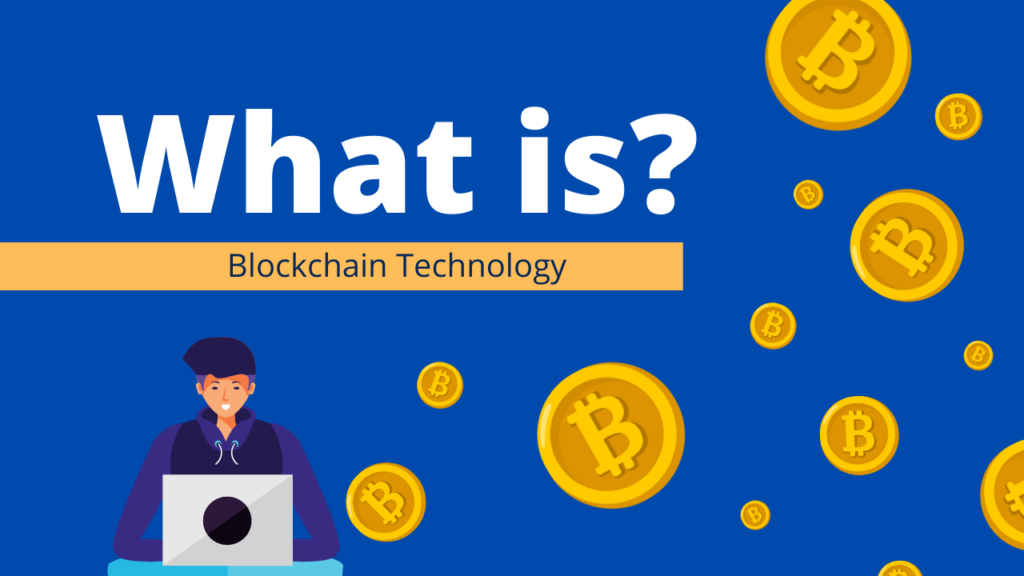What Is Cloud Native? Benefits, Technologies, and Why It Matters
What Is Cloud Native (and Why Does It Matter)? In the digital transformation era, businesses increasingly turn to cloud-native technologies to stay competitive, agile, and innovative. But what exactly does “cloud native” mean, and why is it such a big deal? Let’s break it down. What Is Cloud Native? Cloud Native is a modern approach to building and running applications that fully exploit the advantages of cloud computing. It’s not just about hosting applications in the cloud—it’s about designing them to thrive in dynamic, scalable, and resilient cloud environments. At its heart, Cloud Native is built on four foundational principles: Why Does Cloud Native Matter? Cloud Native isn’t just a buzzword—it’s a strategic advantage for businesses. Here’s why it’s so important: 1. Speed and Agility Cloud Native enables organizations to release new features and updates faster. Leveraging microservices and CI/CD pipelines, teams can iterate quickly and respond to market demands in real time. 2. Scalability Cloud-native applications are designed to scale effortlessly. Whether handling a sudden spike in traffic or expanding to new markets, the cloud’s elastic infrastructure ensures your systems can grow with your needs. 3. Resilience With features like automated failover and self-healing, Cloud Native applications are built to handle failures gracefully. This translates to better uptime and a smoother user experience. 4. Cost Efficiency By optimizing resource usage and automating operations, Cloud Native reduces infrastructure costs. You only pay for what you use, and resources are allocated dynamically to meet demand. 5. Future-Proofing Cloud Native prepares businesses for the future. It allows adopting emerging technologies like AI, IoT, and edge computing without overhauling your entire infrastructure. Real-World Examples of Cloud-Native Success Many leading companies have embraced Cloud Native to drive innovation and growth: How to Get Started with Cloud Native Transitioning to a cloud-native approach requires a shift in mindset and tools. Here’s how to begin: Conclusion Cloud Native is more than just a trend—it’s the future of software development. By embracing this approach, businesses can unlock unparalleled agility, scalability, and resilience. Whether you’re a startup or an enterprise, going cloud native is a strategic move that can help you stay ahead in the digital race. Ready to leap? Start exploring cloud-native technologies today and transform how you build and deliver applications.



